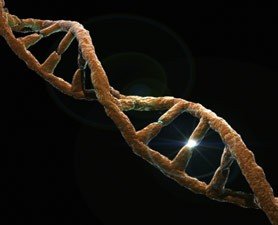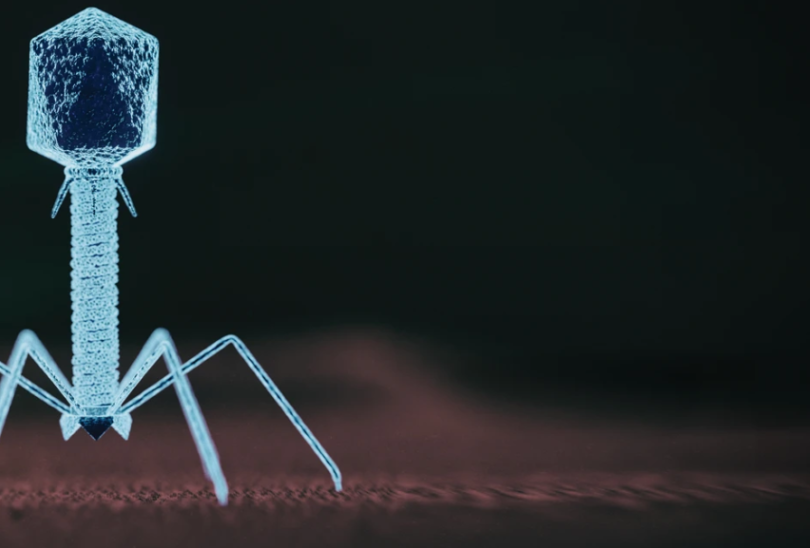“The Lenski E. Coli citrate digestion Mutation”

The Good: As an attempt to demonstrate evolution, since 1988, Richard Lenski has tracked mutations in E. coli bacteria by 2017. They had followed over 73 thousand generations and 10 thousand transfers. E. coli is typically unable to grow on citrate when oxygen is present. In 19 8, a mutated bacteria generation “gained” the ability to grow on citrate when oxygen was absent! This was “evolution” in action! An en entirely new fitness attribute was gained (possibly) due to a mutation. Each culture used a little glucose but lots of citrates. Lenski hoped to force evolution to happen—force the bacteria to grow on citrate. In the 31,500th generation, a mutation seemed to provide evolution as a beneficial fitness gain in growth in citrate metabolism.-1
The reality: The New Scientist pointed out that E. coli never developed a new ability to metabolize citrate. It always could do this. It turns out that citric acid, tricarboxylic acid (TCA), or Krebs regulates citrate’s expression (metabolism) as an energy source under anaerobic conditions, just not aerobic. The mutation jammed this operon’s regulation (expression) as a fault. The mutation likely caused a loss of specificity, equaling a loss of information. Mutations are good at destroying things, not creating them.2
Lab-verified (Effects derived by dysfunction in an expressional switch)
Summary: While the study initially gained great notoriety, the resulting generations behind the mutation did not gain any new function other than broken switches. It turns out that bacteria have biological machinery that permits the consumption of sugars or citrates. Today it is well understood that the mutation was not evidenced for common descent evolution, nor was it evidence for a fitness gain. It was evident that the mutation that controls the switching between sugar and citrate digest broke.3 Lenski’s mutated bacteria, from a preexisting bacterial strain was certainly no novel organism, nor a new species as originally claimed. It has been established that this mutation causes a broken switch expression3 in the preexisting (and once fully functional) gene that only subjectively renders this as “beneficial”. Ultimately, these mutated bacteria can never revert to an oxygen environment and resume consuming glucose like normal bacteria. Why? Because their expression switch has been BROKEN by this mutation. Broken genetics are poor examples to defend common descent evolution. While counterintuitive, sometimes broken things provide benefit, they are still broken in the end. No one in their right mind can argue the transmutation from bacteria to humankind by failing genetics–it is preposterous.
…the implications of the work are often blown seriously out of proportion by a cheerleading science news media eager for stories to trumpet…the ability was due to the duplication and rearrangement of a gene for a protein that normally imports citrate into the cell, but only when no oxygen is present. The mutation allowed the protein to work when oxygen was present. (The switch was broken- no new “evolution”). Paranthesis, italics, and bold are mine.-4
Richard Lenski and Citrate Hype — Now Deflated, Michael Behe, May 2016
1-https://en.wikipedia.org/wiki/E._coli_long-term_evolution_experiment
2-https://creation.com/bacteria-evolving-in-the-lab-lenski-citrate-digesting-e-coli
3- “Citrate Death Spiral” Behe, Michael JUNE, 2020 https://www.discovery.org/a/citrate-death-spiral/


